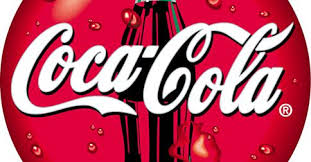Human rights activist, Femi Falana (SAN) has threatened to take Coca-Cola Nigeria Limited to court if the company continues to refuse to subject its manufacturing process to international standards and allow inspection by appropriate authorities and institutions in Nigeria.
The lawyer insisted that apart from asking the court for exemplary and punitive damages, he would also seek the suspension of the operations of the Coca-Cola Company in Nigeria until it is prepared to operate within the ambit of the law.
Falana made this threat in a letter he wrote to the chairman of the Board and chief executive officer of the Coca-Cola Company, Mukhtar Kent over what he termed “the company’s persistent disrespect of the authority of the Consumer Protection Council (CPC) and violation of the fundamental rights of the Nigerian people to health by supplying products which are injurious to their health”.
The Lagos lawyer stated that he has confirmed that the refusal to effectively comply with Nigerian laws and regulations is selective on the part of the company and that he is aware that Coca-Cola will not set out to breach international standards in its operations in the United States or the United Kingdom without serious consequences and punishment by the appropriate authorities in both countries.
He said, “In the circumstance, the following questions are pertinent: Why has the Coca-Cola Company engaged in impunity in its operations in Nigeria? Why would the Coca-Cola Company expect not to be held responsible in Nigeria when its products contain rusty bottle crown corks, rusty cans and foreign particles?
“Are the health conditions of Nigerians less important than those of Americans? Why would Coca-Cola Company refuse to establish a Shelf Life Policy for their products in the country which clearly would help to facilitate the removal of expired products from the market?
“I contend that the double standard clearly being exhibited by the Coca-Cola Company in Nigeria is not only unethical but also inconsistent with international best practices and standards such as the Guiding Principles on Business and Human Rights: Implementing the United Nations Protect, Respect and Remedy Framework. The Guiding Principles were endorsed by the UN Human Rights Council in June 2011.














